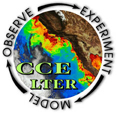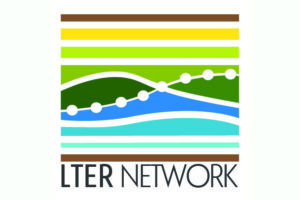CCE’s Lead PI, Katherine Barbeau, will be one of four scientists leading a Special Session at the 2025 ASLO meetings, to be held in Charlotte, NC (26-31 March), entitled: SS27 Long-term perspectives in marine pelagic ecosystem research
In total, there were 24 submissions, with 4 oral presentations to be part of this session:
The U.S. Long Term Ecological Research (LTER) network expanded in 2017 to encompass four marine sites with a pelagic focus, complementing existing time-series maintained by NSF, NOAA, and multiple international funding agencies and enhancing our ability to document multidecadal ecosystem responses to climate variability and change across a global gradient. The four LTER sites span a range in terms of physical environment, geography, bathymetry, and terrestrial influence. Palmer LTER, on the western Antarctic Peninsula and extending 200 km offshore, is dominated by seasonal changes in sea ice cover and light availability. The California Current Ecosystem LTER is an eastern boundary upwelling regime and primarily an open ocean site with minor terrestrial inputs. The Northeast U.S. Shelf and Northern Gulf of Alaska LTER sites extend from the continental shelf into the open ocean, with significant terrestrial influences. All of the sites are associated with productive fisheries, and all are experiencing warming trends in surface air temperatures with associated impacts on mixed layer temperature and depth, and/or sea ice cover. This session will showcase ongoing studies of ecological responses at the LTER sites in terms of primary production, community composition and structure, carbon and nutrient cycling, and disturbance. We strongly encourage submissions related to these topics from other (non-LTER) national and international pelagic time-series sampling programs. Recent cross-LTER site synthesis efforts will also be highlighted.


